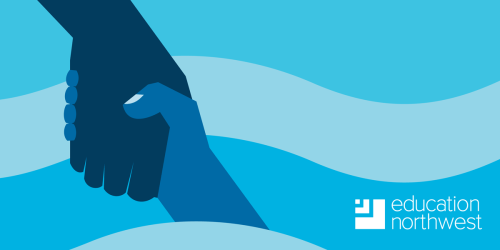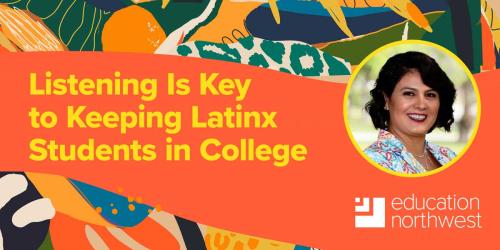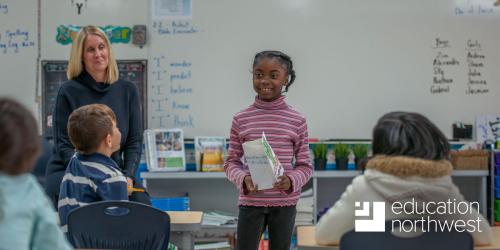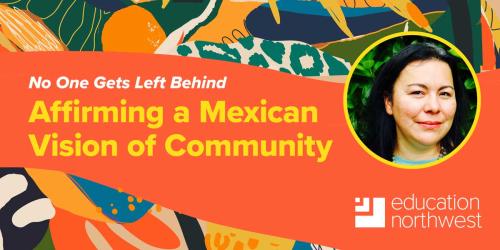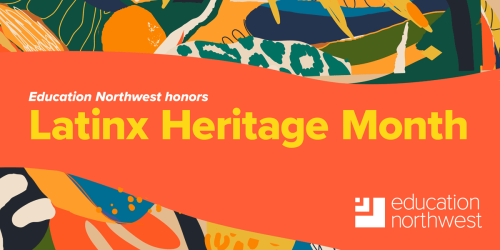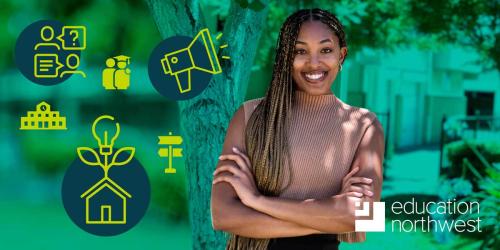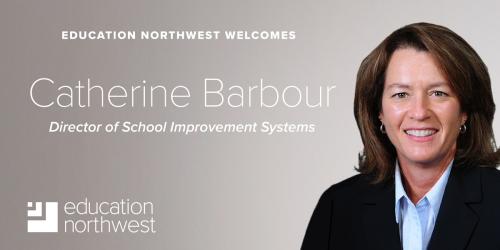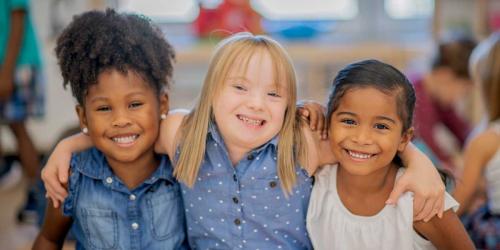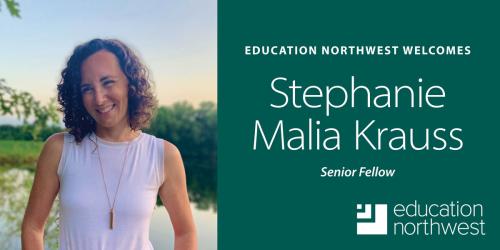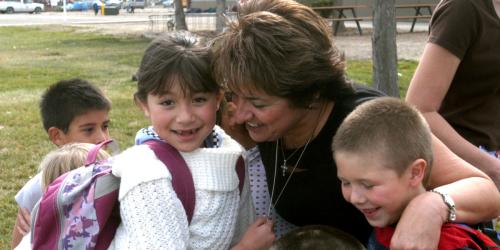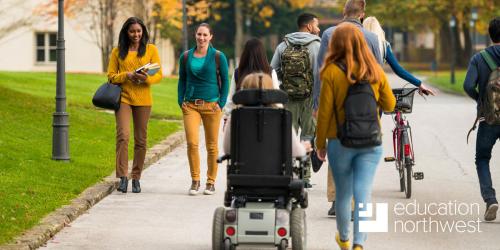Using trauma-informed practices helps create a foundation of safety and support. As students work through their own trauma, together we build a community focused on healing, resilience, growth, learning, and success.
At the College of Southern Idaho, Assistant Dean of Enrollment Services Monze Stark leads a personalized approach to retention for Latinx and other students.
After-school employment has great potential to reinforce and expand on classroom learning—if students, educators, and employers collaborate.
It’s past time that adults take action to promote youth voice. Here are some ways to get started.
Myrna Muñoz invites everyone to join in her ancestors’ Mexican way of understanding community—affirming, supporting, and empowering one another.
From September 15 to October 15, the United States celebrates Latine Heritage Month to spotlight the achievements and contributions of Latinx Americans.
Black high school students face significant barriers to postsecondary success, including anti-Blackness. Destiny McLennan looks at how they make decisions about their futures despite the obstacles.
Education Northwest’s new Director of School Improvement Systems, Catherine Barbour, helps low-performing schools get better—with equity at the forefront of the effort.
The Community Conversation Toolkit helps families, educators, and community members discuss how to make schools welcoming and inclusive to all.
Approaches to career guidance have swung from focused study to broad experience and back again. So what’s the best way for students to find the work they really want to do?
Education Northwest welcomes our new senior fellow, Stephanie Krauss, who will support our work in youth development, workforce development, and alternative education.
Maegan Rides at the Door of the National Native Children’s Trauma Center spoke with Mandy Smoker Broaddus about making trauma-informed work culturally responsive.
Idaho’s Rural Endorsement Development Opportunities (REDO) Project gives teachers scholarships to learn how to support and advocate for the state’s English language learner students.
When planning for summer programs, considering students’ full humanity, centering equity, and aiming for well-rounded programs will set students up for success.
We collaborated with The Ford Family Foundation to study college outcomes for the 42 percent of Oregon’s high school students who attend a rural school.
